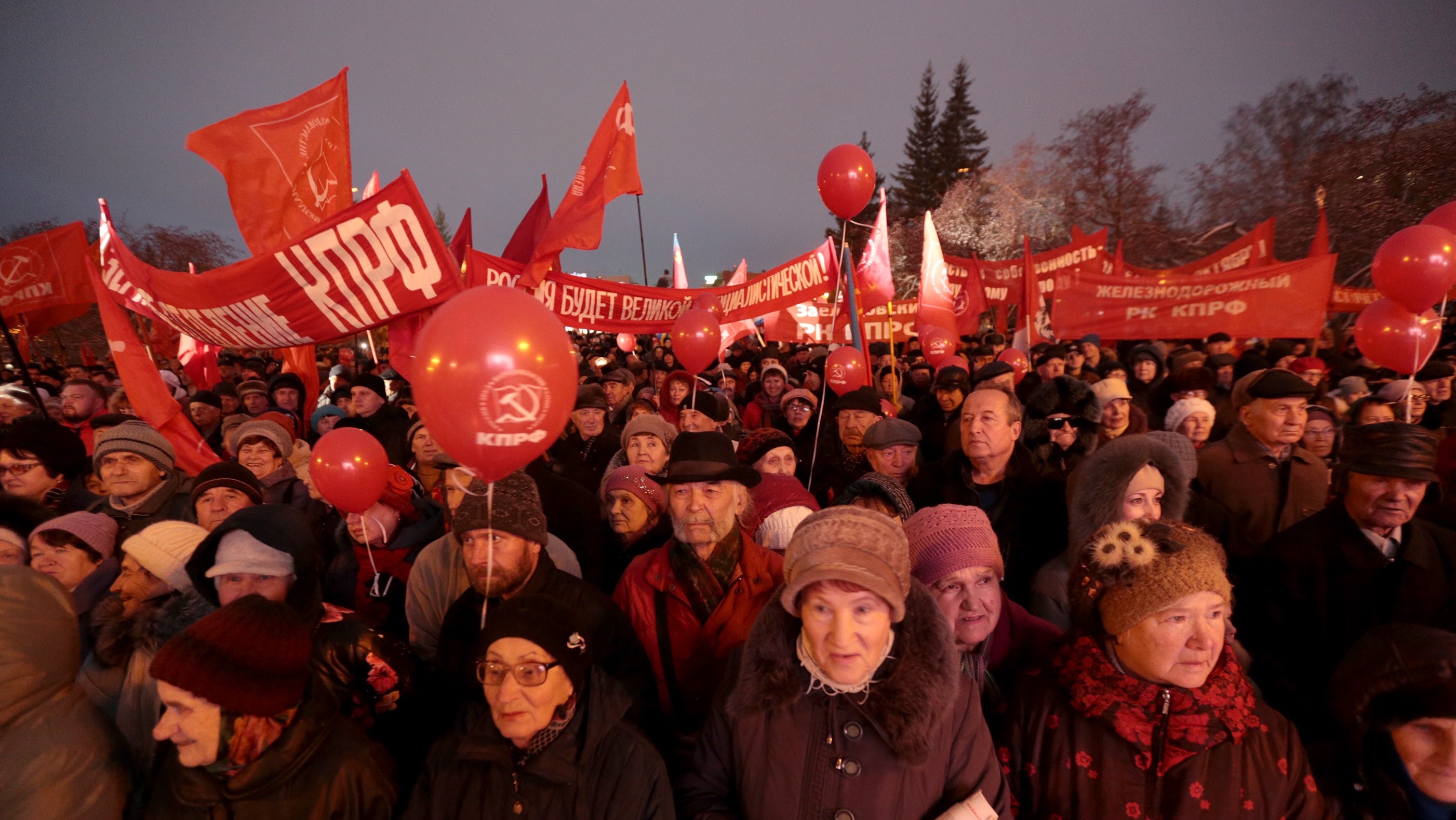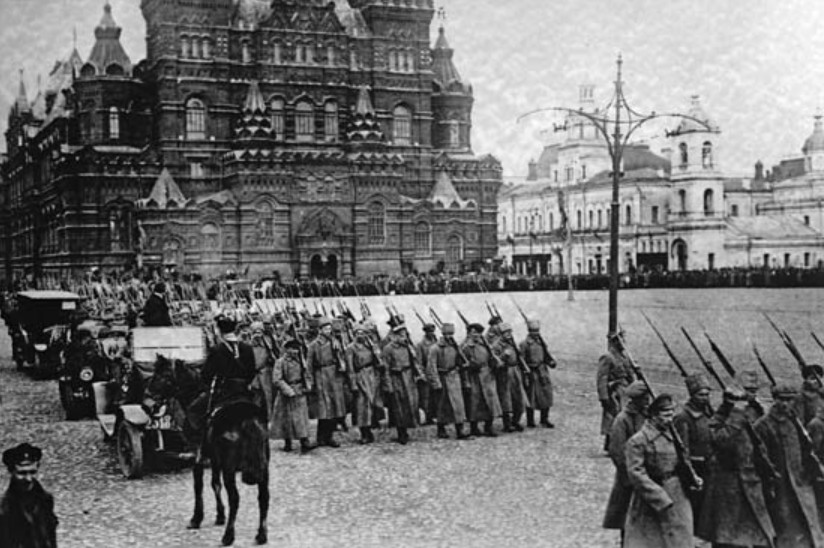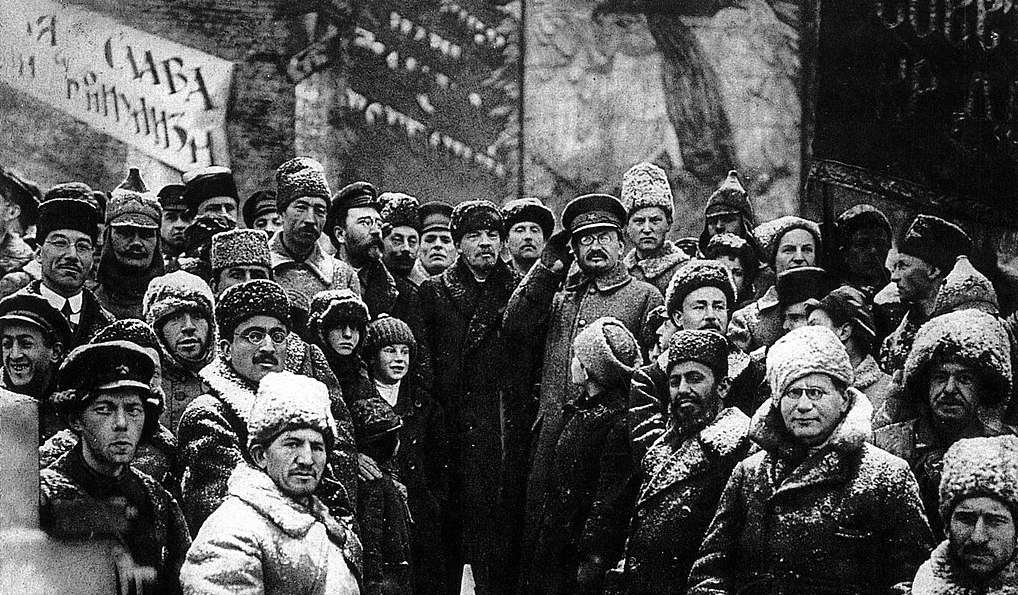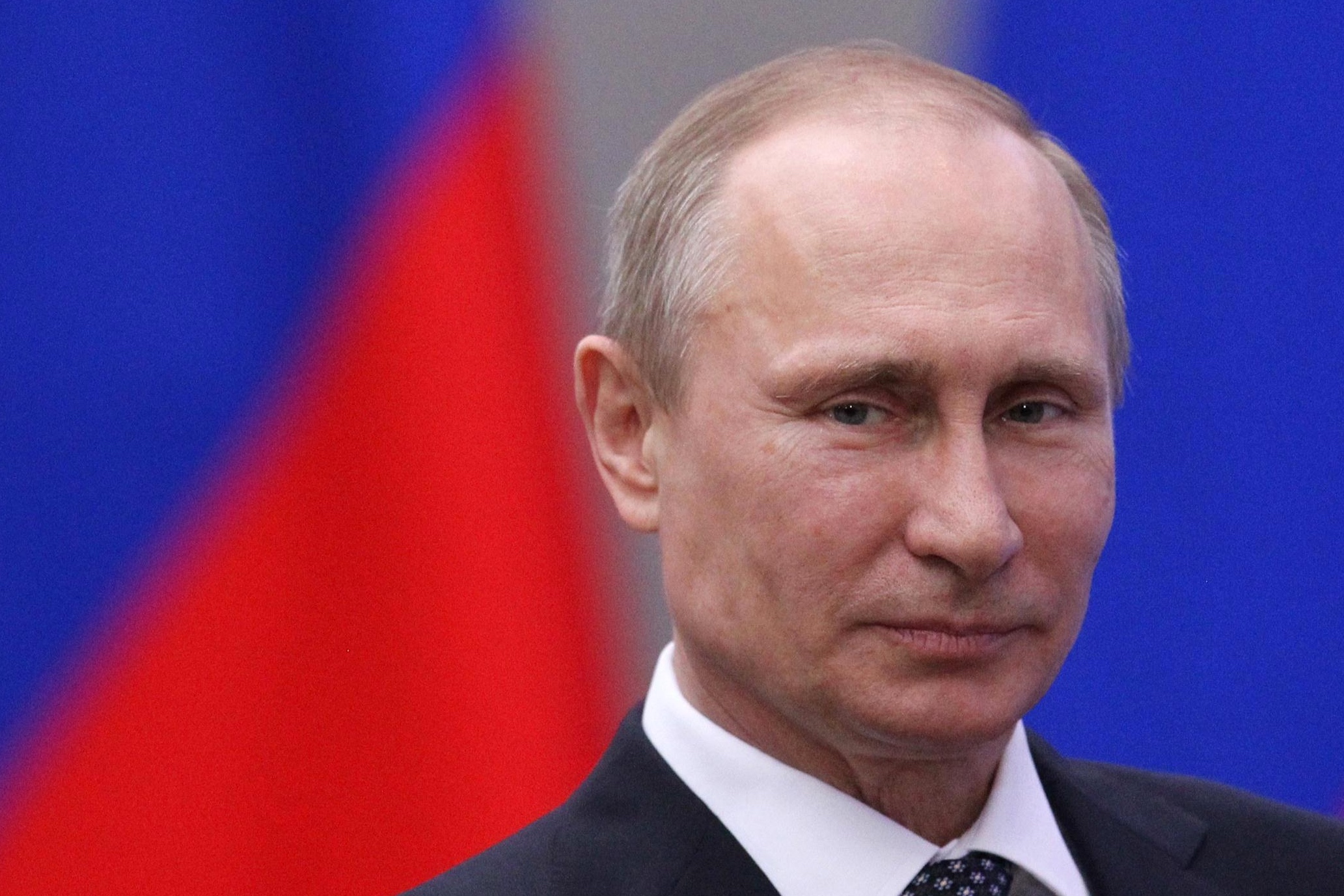
Arts & Culture
Behind the gossip, a commanding ruler

One hundred years after Red October, when Vladimir Lenin and his Bolsheviks took power, the revolution is still a difficult subject for modern Russia
Published 8 November 2017
The Russian revolution is past. Or at least its anniversary is. It’s one hundred years after Bolshevik leader Vladimir Lenin and his leftist followers took power in what some describe as a coup, others as a revolution.
Recent English-speaking commentary on the issue varied around the world.

Writing in one of the most important English language scholarly journals in his field, University of Newcastle historian Roger Marwick reasserted the righteousness of Lenin’s revolution – a peaceful “velvet revolution”, as he claimed. All the brutality that followed was caused by “savage counter-revolution” not by the Bolshevik’s ideological embrace of revolutionary violence. Today, he continued, the world again faces a choice: “Socialism or extinction.”
The other end of the political spectrum was alarmed.
“Socialism and communism,” warned The Patriot Post, are “more popular than capitalism among Millenials”. This statement relied on a somewhat creative reading of a survey conducted by The Victims of Communism Memorial Foundation. Its data did show that 44 per cent of Millennials preferred to live in a “socialist” country, but only 7 per cent wanted “communism.”
Why would young people born between roughly 1982 and 2004, known collectively as Millennials, be so opposed to capitalism? “Leftist teachers and professors have filled students’ minds with the flawed notions of ‘fairness’ of equal outcome rather than the justice of equal opportunity,” the article opined.

Arts & Culture
Behind the gossip, a commanding ruler
The Patriot Post then cited Bard College professor Sean McMeekin, who also warned of latter-day Bolsheviks who “dream of a world where private property and inequality are outlawed, where rational economic development is planned by far-seeing intellectuals.”
In the Wall Street Journal too, another professor advised that opposition to capitalism is deadly: “Again and again, the effort to eliminate markets and private property,” wrote Princeton historian Stephen Kotkin, “has brought about the deaths of an astounding number of people.”
Meanwhile, the danger to the open society seems to come from different quarters today, as a more creative use of the Russian revolution for current political concerns points out. Lenin biographer Victor Sebestyen sees the Bolsheviks as a precursor of “post-truth” politicians like Stephen Bannon, an interpretation developed further by journalist Anne Applebaum in the Washington Post.
While the commentariat in the English-speaking world tried to make sense of somebody else’s revolution, Russia was subdued. The Communists, of course, demonstrated, the Twitterati tweeted, scholars had a conference, and the Minister of Culture opened an exhibition entitled 1917: Collision with the Abyss.
But Russian President Vladimir Putin, whose interest in the past is such that some have dubbed him a “history man”, did not use the moment for celebration. The day itself, the 7th November, is no longer a holiday. Instead, Russia celebrates the 4th November as National Unity Day, commemorating an event in the seventeenth century. Mr Putin, wrote historian Catherine Merridale in the Guardian, would prefer to “smother” the revolution.

Red October indeed poses a political problem to Mr Putin. Democratic, “velvet” revolutions like the one that rocked Ukraine in 2013-14, appear to him as conspiracies of anti-Russian powers and a potential threat to his government.
Nothing to celebrate here.
But there are other reasons for appearing “balanced”. Mr Putin is a sophisticated politician who knows how to manipulate historical memory for his own ends. The memory of the revolution and what followed, including the Civil War and Stalinism, is still fairly raw in Russia, even after a century. The population is divided in its reaction to this past. It is not a history likely to unite the country.
Hence, official Russia struck a balance. In the run-up to the anniversary, two monuments were unveiled in Moscow. The first was a series of leaders of the Russian state, which does include Lenin and thus inscribes the Revolution into the long sweep of Russian history.

Politics & Society
Phantom democracies
Closer to the anniversary, however, the President also unveiled a memorial to the victims of Stalin’s terror – 2017 is also the 80th anniversary of 1937, the most lethal year of Russia’s Great Purges, when in the short space of two years nearly 700,000 people were shot as alleged enemies of the “first socialist state”.
A few days before the anniversary, after calling for unity in the face of this divisive past, the President sent a widely reported address to those who celebrated the revolution, that is, the Russian Communist Party and their guests. He presented himself in the well-rehearsed pose of the historian-in-chief, calling for objectivity and informed discussion:
The turbulent, dramatic events of 1917 are an integral, complex part of our history. The revolution had a huge impact on the development of Russia and the world. In many ways, it determined the political, economic, social picture of the twentieth century. And it is therefore natural that in the anniversary year public figures, scholars, and the media think deeply and comprehensively about that epoch. They express different and sometimes opposing opinions and assessments.
I am convinced that even the most heated polemics should be based on facts and the study of documents, on an objective and respectful attitude to the past. I hope that your meetings, which have gathered representatives of many states, will become a contribution to this constructive discussion. And of course, they will serve to strengthen friendly relations with foreign colleagues and partners.
As the final sentence implies, there is an international reason to be balanced about this revolution.

As I have pointed out in an essay for the Australian Book Review as well as in my inaugural lecture as Hansen Chair in History at the University of Melbourne, the revolutionary year was also a moment of imperial breakdown. The Russian empire disintegrated under the strains of war and revolution and many of the fifteen successor states of the Soviet Union can look back at this period as a moment when their nation acquired statehood.
What followed was military re-conquest of much of the old empire by the new Red Army – a touchy issue in today’s post-Soviet world.
One hundred years on, the Revolution is a historical minefield both domestically and internationally. As such, it is best left to scholars and museum curators.
Vladimir Putin must be glad that it’s finally over.
Banner: Getty Images